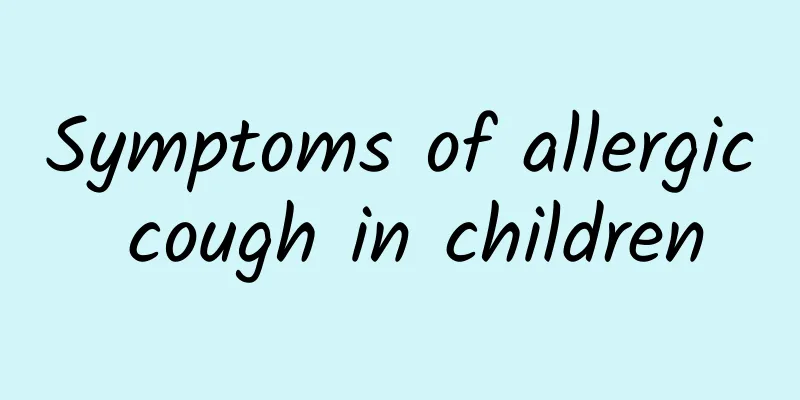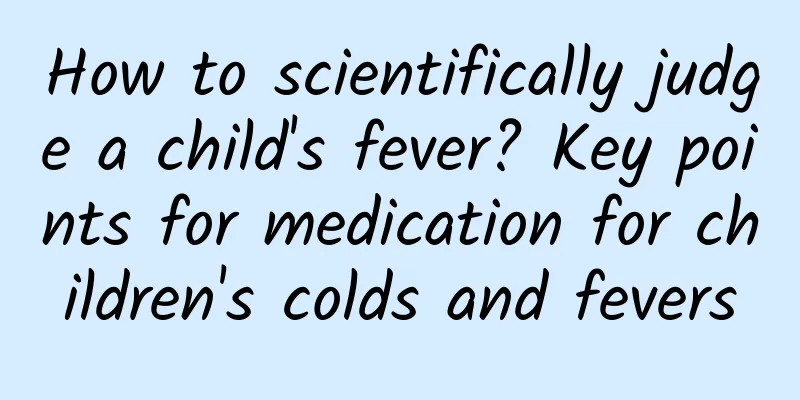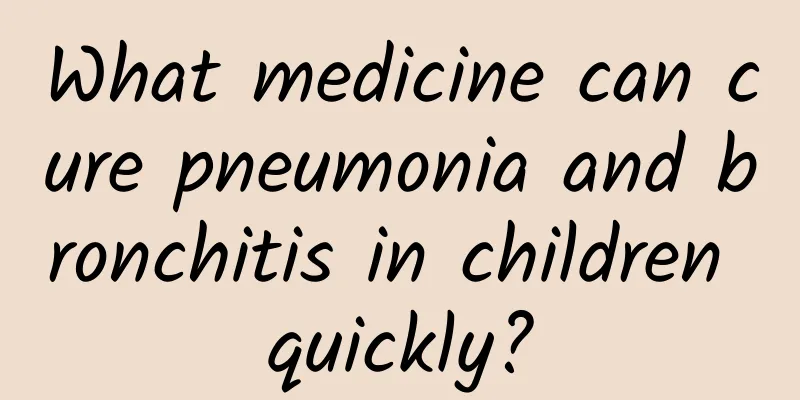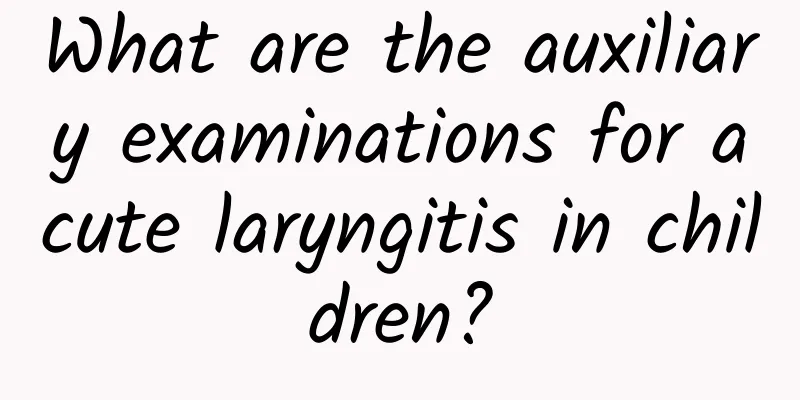Is Kawasaki disease contagious in infants?
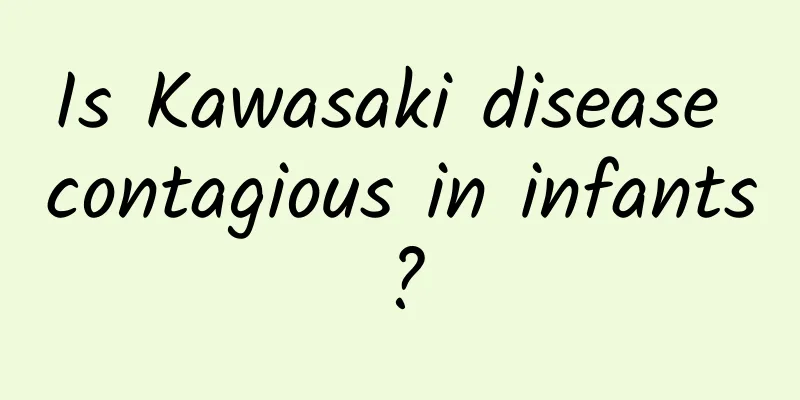
|
Kawasaki disease in infants is not contagious. It is mainly an acute vascular inflammation caused by abnormalities in the child's own immune system. Unlike infectious diseases such as bacteria and viruses, it cannot be transmitted through contact or droplets. The specific cause of Kawasaki disease has not yet been fully clarified, but it may be related to genetics, environmental factors and immune-related mechanisms. Kawasaki disease requires early diagnosis and treatment to avoid possible complications. 1) Why Kawasaki disease is not contagious The cause of Kawasaki disease is not yet fully understood, but studies have shown that it is not an infectious disease and is not spread through human contact. This disease is mostly caused by the abnormal response of the child's immune system to certain environmental or infectious factors, rather than being directly caused by pathogens such as bacteria and viruses. Even if there is a child with Kawasaki disease in the family, family members or other contacts do not need to worry about being infected. 2) Factors related to Kawasaki disease ①Genetic factors: Some children may be born with susceptible genes. For example, children with a family history of disease may be more susceptible to the disease. ② Environmental factors: Dry seasons, air pollution, or certain environmental triggers may increase the risk of disease. ③Immune abnormalities: Kawasaki disease often occurs in infants and young children whose immune systems are not yet fully mature. In some cases, when a child is infected with a common virus or bacteria, the immune system may overreact and attack its own vascular tissue. ④ Physiological characteristics: It is more common in children under 4 years old, especially infants, and the peak age of onset is around 2 years old. ⑤ Potential diseases: If the child’s immune function is weak, infection may easily induce an uncontrolled secondary immune response, which may increase the possibility of disease. 3) Treatment and care recommendations for Kawasaki disease ① Drug treatment: Intravenous immunoglobulin (IVIG) is the first choice for the treatment of Kawasaki disease. It can effectively relieve fever and inflammation and reduce the occurrence of complications such as coronary artery aneurysms. Aspirin is also commonly used for anti-inflammatory and thrombosis prevention. However, it must be used under the guidance of a doctor. ②Complication monitoring: Kawasaki disease can cause coronary artery disease, so cardiac ultrasound examinations should be performed during treatment to monitor cardiovascular health. According to the ultrasound results, the treatment plan should be adjusted under the guidance of a doctor if necessary. ③Daily care: ensure that the child gets enough rest, drinks plenty of water, eats a balanced diet, and gets adequate nutrition. ④Regular follow-up: After treatment, the heart condition should be checked regularly, especially for children with coronary artery involvement, who should be followed up for a long time. Kawasaki disease is not contagious, but it is an immune disease that may cause serious cardiovascular sequelae and requires early treatment and careful care. If you find that your child has persistent high fever, rash, chapped lips, red and bloodshot eyes, swollen hands and feet, etc., you should seek medical attention in time for professional diagnosis and treatment. Understanding the non-infectious nature of Kawasaki disease can help parents reduce unnecessary psychological pressure, and actively cooperate with doctors to protect their children's health. |
<<: Can ADHD children be completely cured?
>>: Causes of patent ductus arteriosus in neonates on echocardiography
Recommend
What to do if children have yellow discharge due to eczema? What are the treatments for children with yellow discharge due to eczema?
When a child is found to have eczema and has symp...
What causes Kawasaki disease in children?
Kawasaki disease in children is mainly caused by ...
Baby eczema may be caused by these 5 reasons
The cause of baby's eczema may be related to ...
What are the early symptoms of kidney disease in children? There are three situations in which you must be alert to kidney disease in children.
Kidney disease in children should not be ignored....
Should I reduce the amount of milk I feed my child when he has diarrhea? Three things to pay attention to when feeding a child with diarrhea
Diarrhea in children is a very common disease in ...
Recipes for treating mumps
In recent years, mumps has gradually become a mul...
Why are there no hair on your legs?
There are a number of factors that may be at play...
How to accurately distinguish between chickenpox and hand, foot and mouth disease? Are chickenpox and hand, foot and mouth disease both caused by viruses?
Hand, foot and mouth disease and chickenpox are b...
How long is polio contagious?
Poliomyelitis has a certain infectious period, us...
How much does it cost to cure diarrhea in children?
How much does it cost to cure diarrhea in childre...
A brief description of nursing records for Kawasaki disease
Many parents are not particularly familiar with K...
What is the cause of high jaundice in babies and how to treat it
High jaundice in infants is usually caused by abn...
How much does acute laryngitis in children cost?
At present, the incidence of acute laryngitis in ...
Is Yinzhihuang effective for infants with high jaundice?
Whether it is suitable to use Yinzhihuang for inf...
How to cure diarrhea in children
Newborns are just born, their body functions are ...




